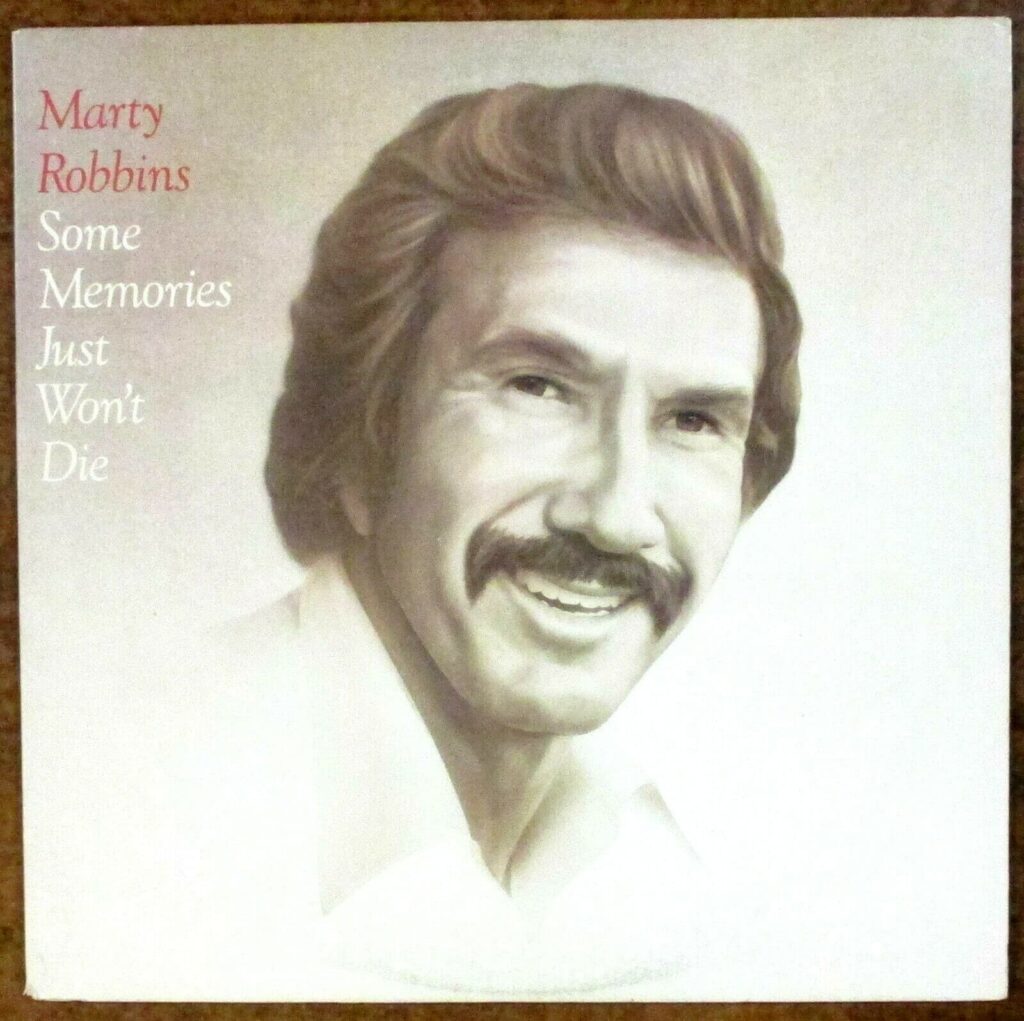
Marty Robbins – Utah Carol: A Heartbreaking Ode to Sacrifice and the Cowboy’s Code
There are songs that simply entertain, and then there are the narrative masterpieces that Marty Robbins elevated into a genuine American art form. “Utah Carol,” nestled like a quiet, profoundly moving elegy within his landmark 1959 album, Gunfighter Ballads and Trail Songs, belongs squarely in the latter category. It is a story of heartbreaking sacrifice, loyalty unto death, and the stoic dignity of the cowboy’s final ride. The album itself, of course, was a massive commercial and critical success, reaching Number 6 on the U.S. Pop Albums chart, solidifying the idea that these grand, cinematic Western tales had a universal appeal far beyond the confines of the Country genre. While “Utah Carol” was a folk song of traditional or unknown origin, Robbins’ haunting arrangement and delivery made it his own, contributing a vital piece of melancholy to the album’s sweeping saga.
For those of us who grew up with the romance and harsh realities of the Old West painted vividly through music and film, this song strikes a particularly deep chord. It’s presented as a story told by a surviving partner—a voice heavy with loss and respect—who recounts the tale of his friend, Utah Carol, a man whose grave lies “in silence… without a name.” The narrator’s opening lines immediately draw us in: “I loved him like a brother, and I wept when Utah died.” This is not just a ballad; it’s a grief-stricken remembrance, setting a tone of deep, shared history and camaraderie.
The tragedy revolves around a simple, tender act: Utah placed a red blanket on the saddle of the boss’s daughter, Lenora’s, pony to make her ride more comfortable. It is an act of quiet, unstated affection, a cowboy’s unassuming way of caring for the “little friend” he cherished. Yet, this small gesture becomes the catalyst for disaster. When a stampede begins, Lenora spins her pony, the red blanket slips, and its color instantly enrages the cattle, turning a runaway herd into a maddened, charging tide.
The pivotal moment, the one that catches your breath every time you hear it, is the heroic, doomed rush of Utah Carol. As Lenora falls before the on-rushing cattle, Utah races to save her. He successfully snatches her from the ground, but the sudden weight causes his saddle’s hind cinch to snap, throwing him directly into the path of the herd. What follows is not a frantic flight, but an act of almost unbelievable bravery. Crushed and bleeding, Utah picks up the very red blanket that caused the calamity and, rising to his feet, waves it over his head, deliberately drawing the full force of the stampede away from the young girl. He faces his end with a pistol drawn, fighting “like a cowboy, brave and true,” until the cattle trample him down.
The meaning of “Utah Carol” is clear and timeless: it is a solemn monument to the ultimate sacrifice—a life laid down for love and duty. It is a powerful reminder that true heroism is often quiet, unplanned, and ultimately, profoundly lonely. When the parson’s words echo at the end—a declaration that “God won’t be too hard on a man who died to save a child”—it offers a simple, comforting grace to a brutal story. For us, who have weathered our own stampedes in life, the song celebrates the unwritten code of the frontier: a commitment to others that transcends self-preservation. It is a deeply moving, reflective story-song that embodies the noble, yet tragic, spirit of the Old West that Marty Robbins honored so beautifully.